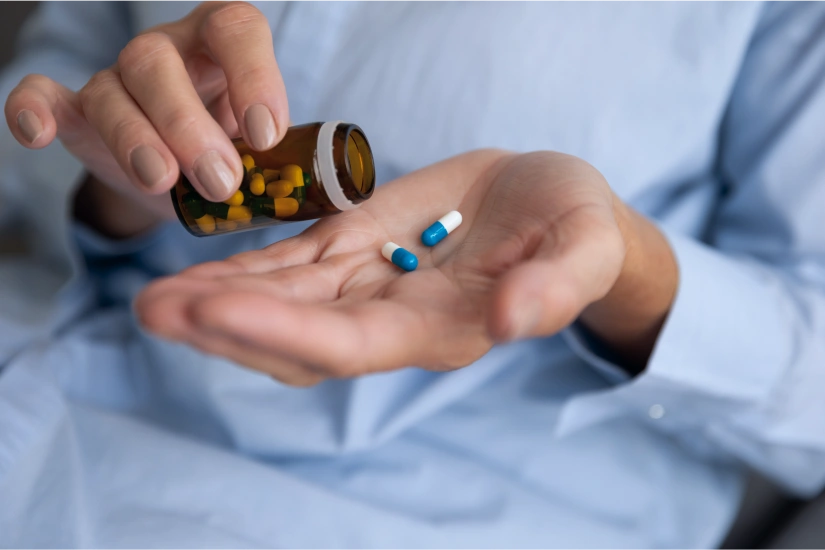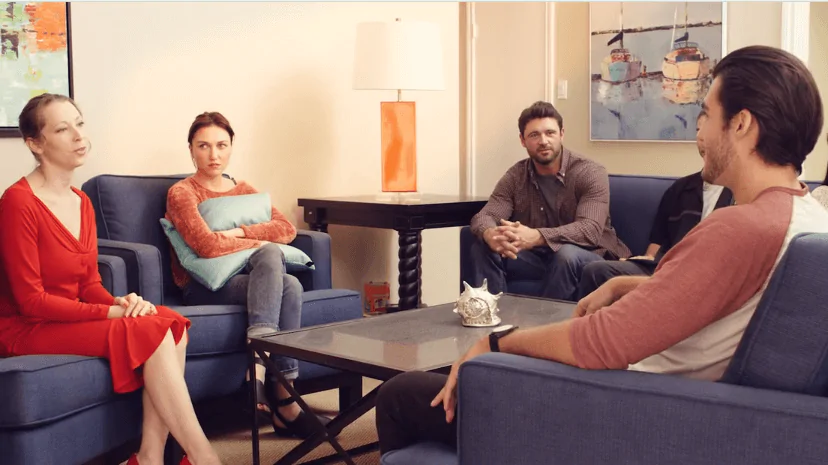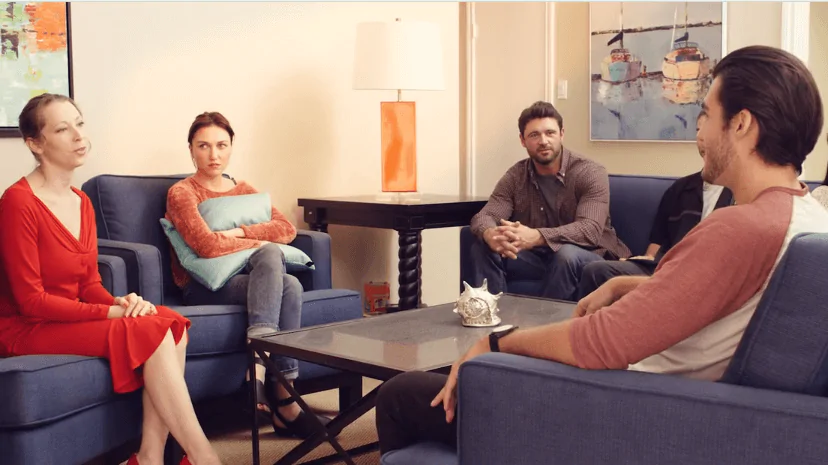24/7 Helpline:
(866) 899-221924/7 Helpline:
(866) 899-2219
Learn more about Meth Detox centers in Union Church
Meth Detox in Other Cities

Other Insurance Options

Evernorth

Medical Mutual of Ohio

United Health Care

MVP Healthcare

BHS | Behavioral Health Systems

AllWell

CareFirst

Cigna

American Behavioral

Highmark

Group Health Incorporated

Access to Recovery (ATR) Voucher

Private insurance

PHCS Network

Optima

Holman Group

Excellus

UnitedHealth Group

Ambetter

GEHA


















